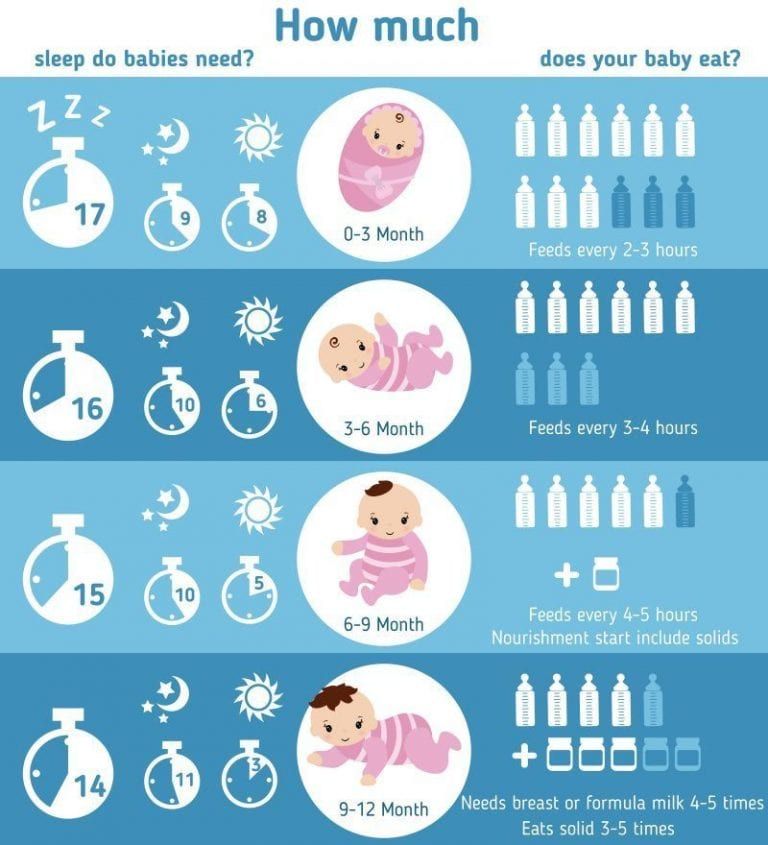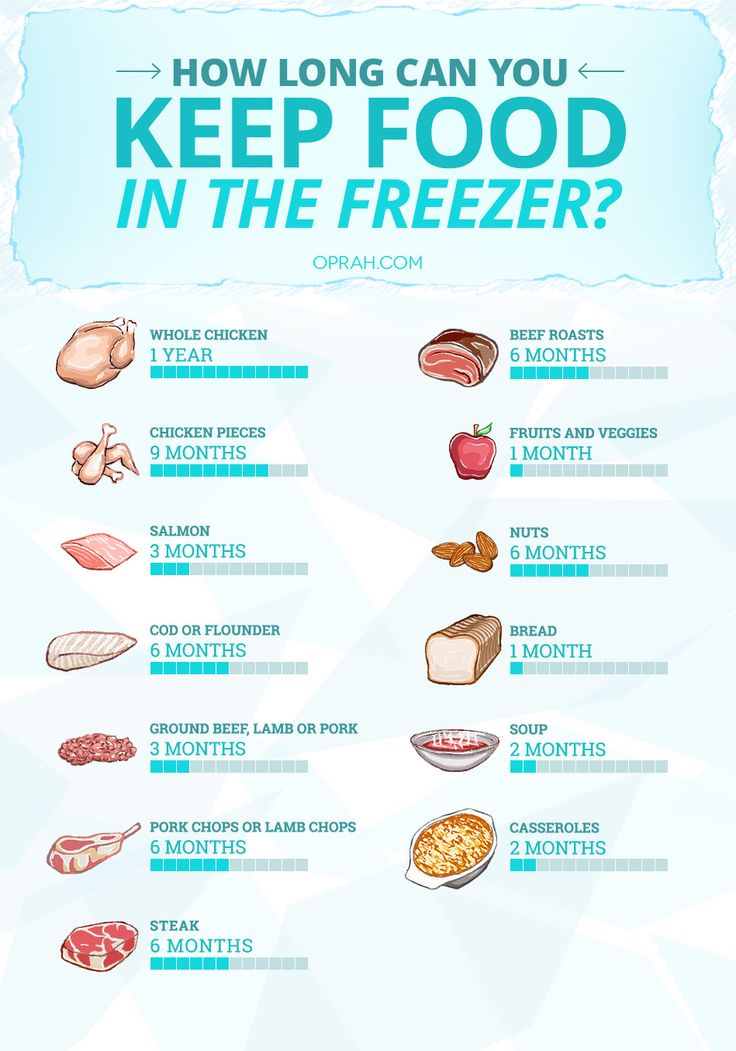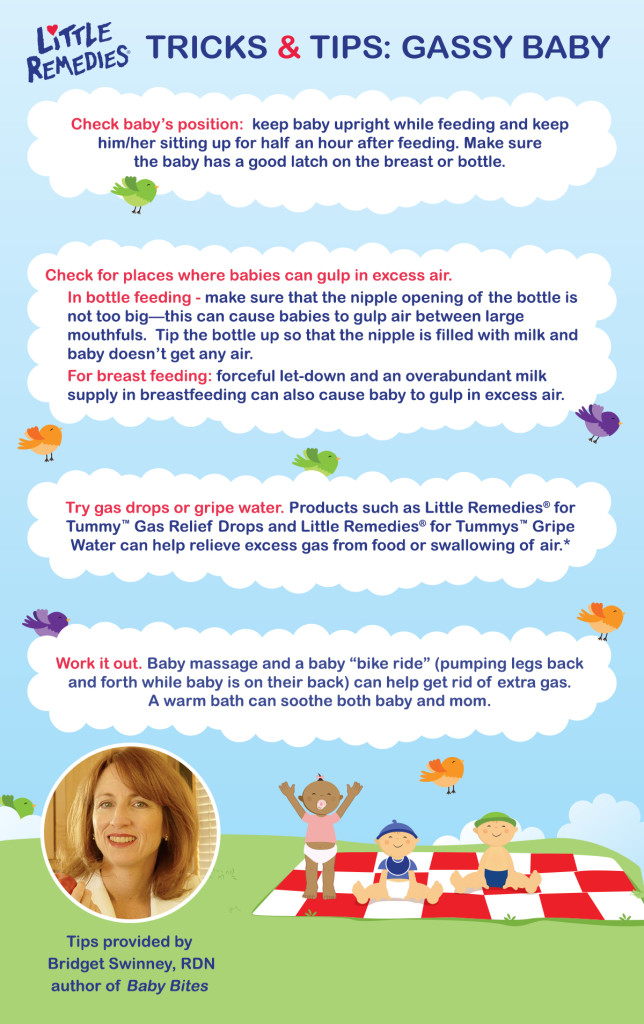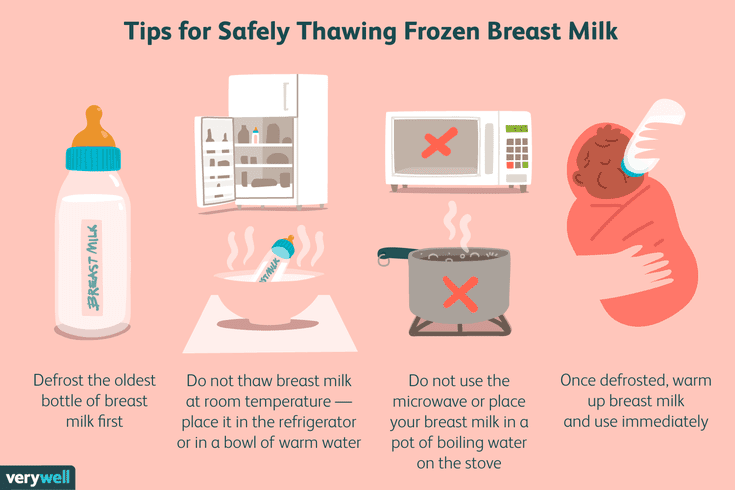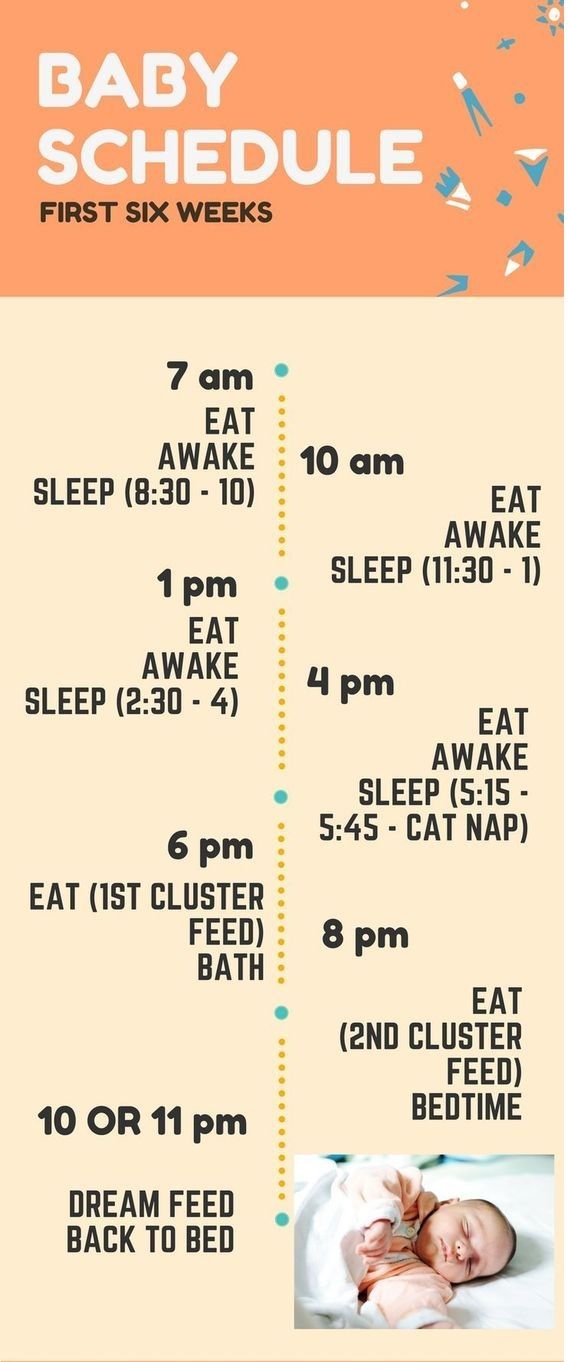How to wake a sleeping baby while feeding
What to Do If Your Baby Falls Asleep While Nursing
When you have a new baby, you often get a lot of warnings about how your little one — and you! — will sleep. But you may be surprised to find that in the first few weeks of your baby’s life, they do almost nothing but sleep. In fact, many newborns will spend the majority of their 24 hours snoozing.
This may seem like a good thing, and in most cases, it is. Enjoy these sleepy days while they last! But sometimes your baby ends up sleeping so much that they can’t seem to get in a good feed. This is especially true for breastfeeding or chestfeeding babies, who have to actively work to extract milk than their bottle-fed counterparts.
If your baby can’t seem to stay awake to get a full feeding session in, you likely have concerns. You may be wondering what you can do to keep them awake, if there’s anything wrong with your baby, or if all the sleeping is a sign that feeding isn’t going well.
Let’s take a look.
It’s common for newborns to have days or even weeks when they’re very sleepy and hard to keep awake. Your baby is adjusting to life outside the womb, and this adjustment can be tiring. Plus, your baby may still have their days and nights mixed up, causing them to sleep a lot during the day when you’re ready to feed them.
Luckily, in most cases, “sleepy at the breast” babies don’t stay that way for many feeding sessions in a row or for that long. Most sleepy babies will usually get in enough feeding sessions during a day, even if they have a few sleepy feedings sometimes.
In general, if your baby has enough dirty and wet diapers (usually four to six wet diapers and three to four poopy diapers per day) and is putting on weight at a healthy pace, there’s nothing wrong with them having a couple of sleepy, less vigorous nursing sessions every now and then.
Even falling asleep at the breast is usually fine. In fact, many babies will fall asleep after getting in a good feed. A full tummy makes babies tired, and falling asleep is a natural reaction.
A full tummy makes babies tired, and falling asleep is a natural reaction.
Some babies empty the breast in just a few minutes and fall asleep satisfied. You can usually tell that your baby has had enough when:
- you’ve heard gulping or swallowing while nursing
- your breast feels less full after your baby has detached
- your baby goes from actively sucking to sucking lightly and falling asleep
You may also notice that their body is tense — their hands in tight fists — at the beginning of the feed. But when they’re done, they have unwound and seem more relaxed.
If your baby shows signs of not getting enough milk (fewer wet or dirty diapers and slowed weight gain), then waking them up for those feedings is definitely something you’ll want to focus on.
If you’re not sure if your baby is getting enough milk, visit your pediatrician for a wellness visit and weight check. Again, if your baby is healthy and growing well, falling asleep while nursing isn’t something to stress out too much about.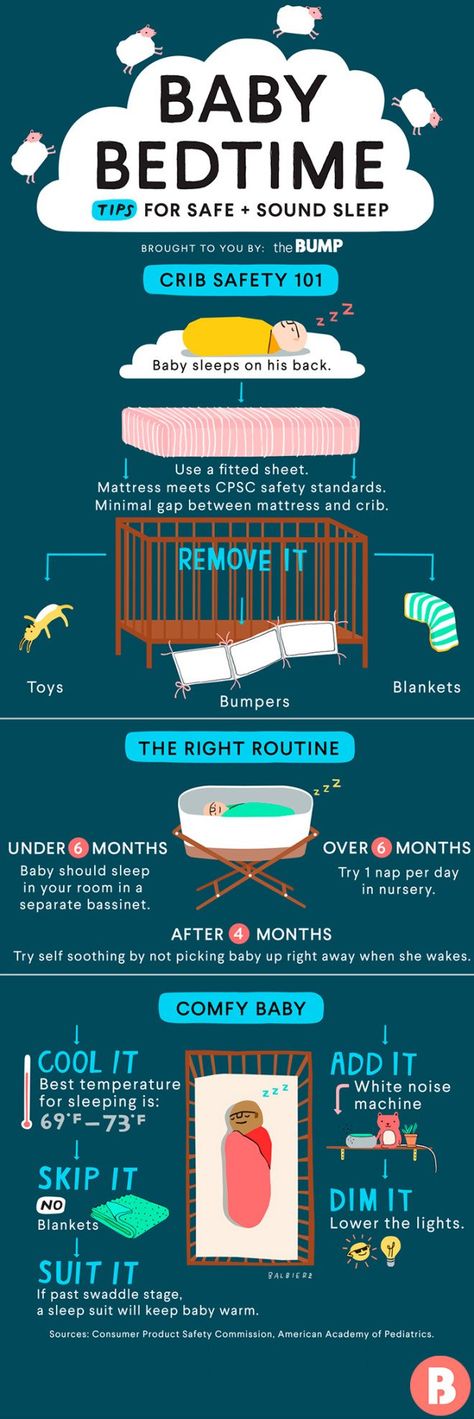 Having your doctor examine your baby can help you sort out what’s going on.
Having your doctor examine your baby can help you sort out what’s going on.
There are some cases in which a “sleepy at the breast” baby may not exhibit typical newborn behavior. In those instances, extra sleepiness is a sign of a medical condition.
The most common newborn condition that tends to make babies extra sleepy is jaundice. In addition to lethargy and poor feeding, babies with jaundice may have yellowish skin, fewer wet or dirty diapers, and may be extra fussy.
Babies with jaundice should see a pediatrician to make sure there are no serious health concerns.
Rarely, babies who are sleepy during feeds may have underlying medical conditions such as a cardiac or respiratory condition. They may also be battling a virus or bacterial infection.
If your baby is having difficulty breathing, has a fever, is vomiting, or is difficult to rouse, speak with your doctor or seek emergency medical attention.
Luckily, there are many things you can try if your baby keeps falling asleep while breastfeeding or chestfeeding. Here are a few favorites.
Here are a few favorites.
Tip 1: Switch sides
If your baby falls asleep frequently while nursing, you can try a technique called switch nursing. This is as simple as it sounds.
As soon as your baby starts falling asleep (you may notice that their sucking becomes less frequent or fluttery), you can try switching them to the other side. This may wake them up, and they may find that the other side has milk more readily available.
Tip 2: Compression
Your baby may become sleepy when milk flow slows down. It’s normal for there to be times during a nursing session when the milk flows faster — this is usually during letdown — and times when it slows. But some babies get frustrated when this happens and tend to zonk out.
You can help get milk flowing again by doing something called breast compression. Using your free hand, cup the side of your breast, making a C shape with your hand. Then gently squeeze. You should feel your baby’s suckling become more active as the milk starts to flow.
Tip 3: Strip your baby down to their diaper
Babies that are too warm tend to get sleepy. So strip your baby down to their diaper and try nursing them. You can also apply cool washcloths to their skin to keep them awake.
If you’re concerned that your baby is too cold, you can drape a breathable blanket over them. But don’t worry too much: When they’re skin to skin with you, they’ll stay warm enough.
Tip 4: Tickle those toes!
Gentle stimulation of your baby’s senses can wake them up. Try tickling their toes, walking your fingers up and down their arms, or swirling your finger around the top of their head.
Tip 5: Check the latch
If your baby isn’t latching well, they may not be able to get enough milk, and not getting enough milk can make your baby sleepy.
A good latch means that your baby’s mouth is wide open and they’re taking in a good portion of the areola. If you aren’t sure that your baby has a good latch, consider contacting a lactation consultant for assistance.
Tip 6: Get to skin-to-skin
Having skin-to-skin time with your baby is a great way to wake them up to feed. Dress your baby in their diaper only and place them belly to belly with you. This allows them to tap into their newborn instincts, which include searching for and locating the breast.
See if your baby wants to smell, lick, and explore. They may latch onto the breast themselves without any coaxing!
What if nothing is working and your baby just simply can’t stay awake while breastfeeding or chestfeeding? This is definitely an instance where you want to seek out professional lactation help or medical attention, if you haven’t already.
If your baby has gotten to the point where they’re not taking in milk while feeding, supplementing may be necessary.
Supplementing — when done mindfully, and with your own expressed milk when possible — might be just the thing that perks your baby up so that they can have the energy to nurse well. Working on latching, positioning, and other possible issues may also be vital in helping you solve this concern.
Most of all, don’t give up. So many nursing parents have been in this situation at one time or another and have gotten to the other side. You’ll get through this, too.
27 Ways To Keep Baby Awake While Breastfeeding — Milkology®
Newborns (especially in the first couple of weeks) tend to be EXTRA sleepy.
This can pose a problem with breastfeeding because they might not wake enough to take full feedings. Keeping them awake while breastfeeding is key to getting them to eat enough.
It’s no surprise that they can easily fall into a deep sleep while breastfeeding...
According to a study, there’s a hormone released while breastfeeding called cholecystokinin (or CCK) that naturally makes them feel full and drowsy. And the younger the infant is, the higher the concentrations of CCK is released in their body.
Knowing this - you'll need tips and tricks up your sleeve to keep your baby awake long enough during breastfeeding.
(Try 1 or 2 each feeding session to see what works best to rouse your baby)
Light up the room.
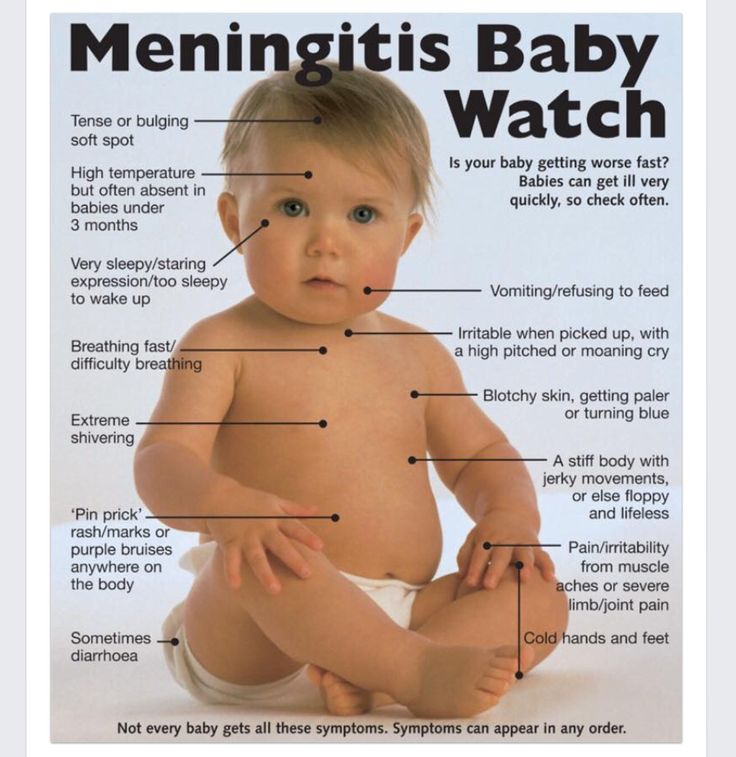
Take off their clothes and socks.
Change up breastfeeding positions.
Burp the baby.
Blow air on their cheeks or forehead.
Change their diaper.
Play music.
Sing to them or play with your baby.
Stroke the palms of their hands and soles of their feet.
Feed them during their light REM sleep cycle (when their eyelids flutter, they grin in their sleep, and have clenched fists)
Get skin to skin with your baby.
Massage the crown of your baby’s head while their feeding.
Wet a washcloth with lukewarm water and rub it on their face or along their hairline.
Do breast massages while feeding to encourage them to feed longer.
Run your fingers gently along their cheek or foot.
Switch breasts as soon as you notice baby stops actively suckling and begins to trail off.

Breastfeed in the “football” hold.
If your nipples are sore, these are an absolute lifesaver. They’re super cheap, can be worn for multiple days (perfect when you’re trying to get a good latch), and are soooo soothing.
Lay them down on a flat, firm surface.
Bathe them.
Stroke your baby’s cheek if they’re latched but not actively nursing.
Move their arms and legs in a bicycling motion.
Talk to your baby!
Walk your fingers up baby’s spine.
Tickle their lower lip to encourage them to latch.
Feed your baby as soon as they wake.
Unwrap the baby from their blanket.
After trying a few tips, express milk for your baby if they’re still not responding. You can use hand expression or your pump.
Also, be sure to closely monitor their pee and poop output and weight gain to make sure they’re consistently getting enough to eat.
In the early weeks, newborn sleep is largely dictated by hunger so sleep duration varies a lot.
Until baby is back to birth weight (ideally by 14 days), try to gently wake baby every 3 hours for a feeding if they’re still sleeping.
🤱 1. If your nipples are sore, these are an absolute lifesaver. They’re super cheap, can be worn for multiple days (perfect when you’re trying to get a good latch), and are soooo soothing.
💪 2. Boost supply and tone up postpartum. Milk Dust is protein powder made just for breastfeeding moms. It nourishes and tones postpartum bodies (and contains milk boosting ingredients too!) Get 10% off Milk Dust using the code MILKOLOGY at checkout
💦 3. Ditch nursing pads for something better. The Elvie Catch protects your nipples and also catches milk from your letdowns. It helps you build your freezer stash without even trying! Save 15% on the Elvie Catch using the code MILKOLOGY
Breastfeeding, Common ConcernsStacey Stewart
How to wake up a baby for feeding and whether it is necessary to wake up a baby in the afternoon
05/29/2020
95
For any parent, the question of whether to wake up the baby is not easy.![]() On the one hand, there are fears that a child who has been sleeping for a long time will not be able to fall asleep later, and on the other hand, how to raise such an angel who has been put to bed for so long...
On the one hand, there are fears that a child who has been sleeping for a long time will not be able to fall asleep later, and on the other hand, how to raise such an angel who has been put to bed for so long...
so that his sleep is not affected.
Let's start with the smallest children. You've probably heard the phrase "never wake a sleeping baby." But it is not always fair. Some newborn babies wake up on their own for feedings, while others need to be awakened. Whether or not you need to wake your baby depends on their age, weight, and overall health. nine0003
The American Academy of Pediatrics recommends waking your baby for feedings if he sleeps more than 4 hours in the first two weeks of life. On average, a baby needs feeding every 2-3 hours.
Frequent feeding is very important for several reasons:
- The baby's stomach is very small, the baby quickly digests breast milk. Faster than a mix. Therefore, physiologically, the child necessarily needs frequent feedings every 2-3 hours.
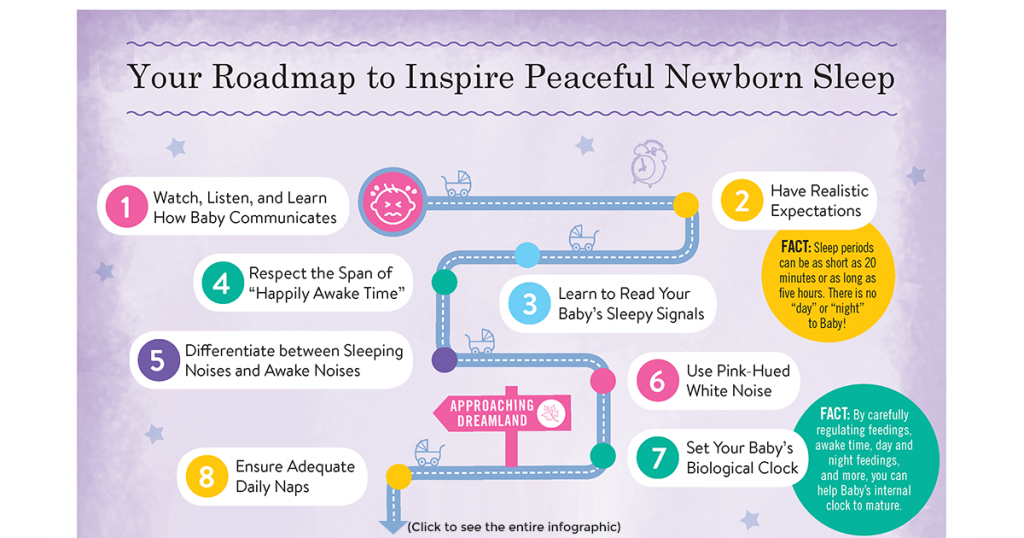
- Babies can sometimes sleep even when hungry, thus malnourished, which affects their development. nine0018
- After birth, the baby loses 5-10% of its body weight. And in the first weeks he needs to gain weight. Lack of milk or formula slows down this process.
- A short interval between feedings helps to maintain lactation. That allows you to avoid problems with a shortage of milk in the future.
Tears already signal strong hunger. Therefore, it is better to breastfeed the baby before the baby starts crying. Learn to recognize the early signs of hunger: the baby puts his hand in his mouth, smacks his lips, tossing and turning when he sleeps. nine0003
Should the baby be woken up to feed during the day? In general, if an infant sleeps for more than 3 hours in one dream during daylight hours, he must be awakened. Then the mother can feed the already awakened baby. This makes it possible to adjust the work of the biological rhythms of the baby.
How to Wake Up
- Help your child gradually fall asleep by stroking their arms, legs or lightly tickling them.
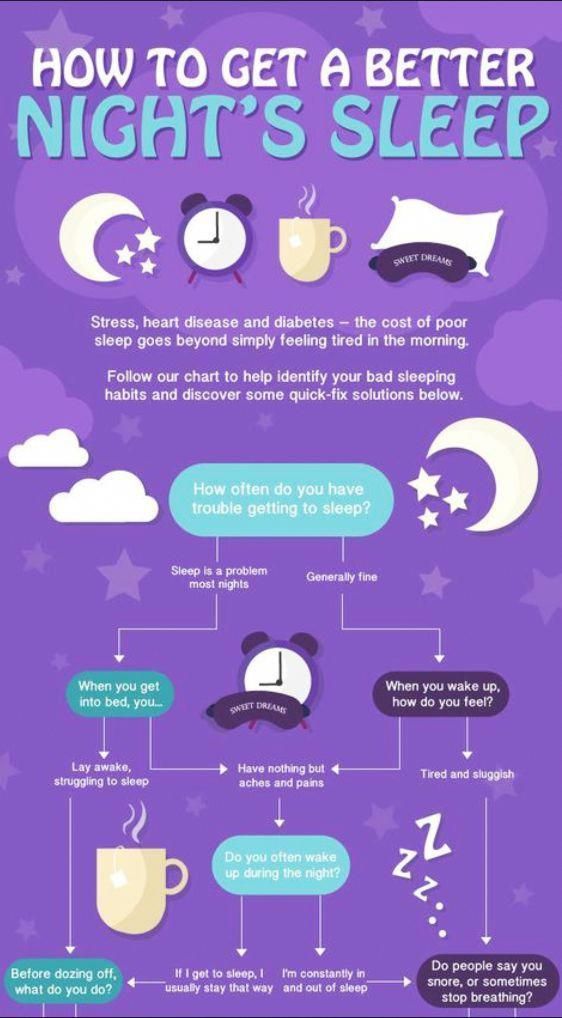
- Change diaper. Often this is enough for the baby to wake up and be ready to eat. nine0018
- Undress and place skin to skin on your chest. You can squeeze a few drops of milk onto your baby's mouth. He will smell and taste it and begin to suck on the breast.
- Speak - he will hear your voice and wake up.
- Do not turn on bright lights. A dim light is sufficient. The bright light will blind your eyes.
- If the baby has attached to the breast but has not begun to suckle, stroke his cheek.
How long to feed
As soon as the baby wakes up and starts to eat, make sure that the feeding is long enough to empty at least one breast. So we will know that he ate hind milk, which is necessary for the growth of the child's body. Some babies take 45 minutes or more to feed one breast, and some do it in 10 minutes.
The sucking reflex promotes falling asleep. Therefore, make sure that the baby does not fall asleep while feeding. If he falls asleep, change position, lift him up to burp, and then start feeding again. nine0003
If he falls asleep, change position, lift him up to burp, and then start feeding again. nine0003
By 6 months you will have a more or less predictable eating schedule. But each baby will have his own. Some of the children eat every 2 hours, and someone is able to stay without food for 3-4 hours by the second month of life. This is especially true for children who are formula fed.
The length of time between feedings increases as the child grows older. By the age of six months, many babies can already go without supplements at night or are able to sleep for longer periods.
nine0002 If a child wakes up too often after 6 months and asks for food at night, perhaps this is no longer hunger, but a way to relax and fall asleep.
Avoid using a pacifier in the first weeks after delivery. The pacifier helps the child to calm down and prolong sleep. So you may not notice that your baby is hungry. Therefore, start using a pacifier no earlier than 4-6 weeks and when you are lactating.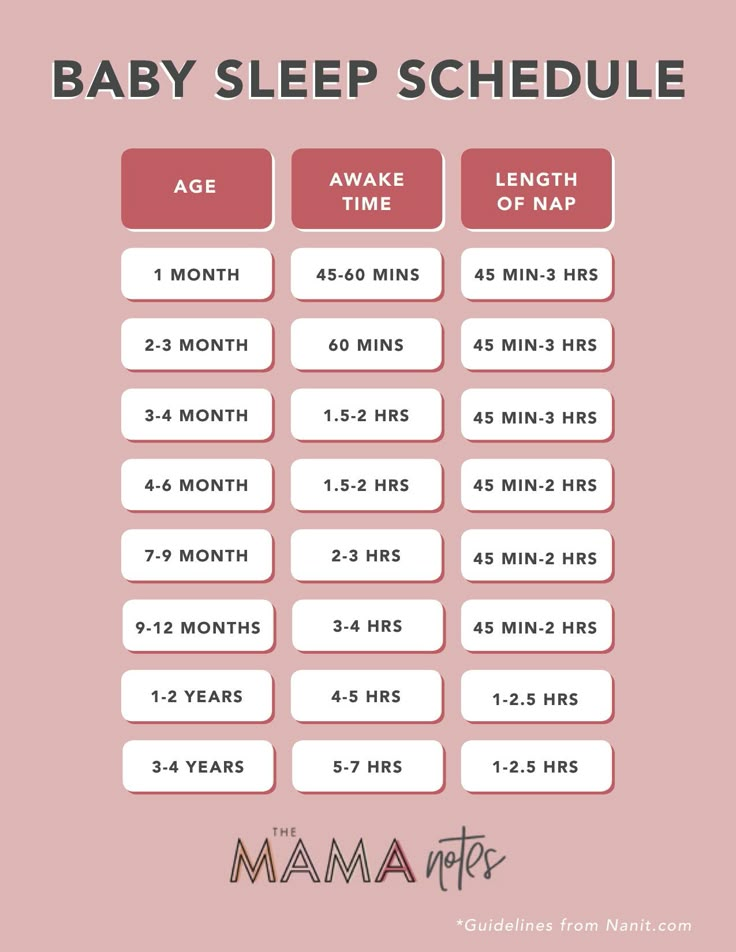
Should the baby be woken up to feed formula? As with breastfeeding, the newborn needs frequent formula feeding. But the interval will be more than 3-4 hours. nine0003
When it is necessary to wake up the child
It is important to wake up the baby in the morning if he has fallen asleep later than 7.00. This is especially true for children who still sleep 1-2-3 times during the day and have already developed a relatively stable routine. So you create the perfect routine in the morning.
After waking up, children need time to work up their fatigue for their next nap, the ideal window for which is around 9 and 1 pm (depending on age).
Therefore, if the baby slept until 8 am, he simply will not be able to fall asleep in his first daytime sleep. nine0003
In order for the baby to wake up calmly without tears, you can enter a wake-up ritual. It allows the child to smoothly transition from a sleepy state to wakefulness.
Example of a wake-up ritual:
- Open curtains/turn on lights
- Welcome words and a kiss
- Snacks, nursery rhymes after sleep
- Happy song
Then you can get up and start breakfast.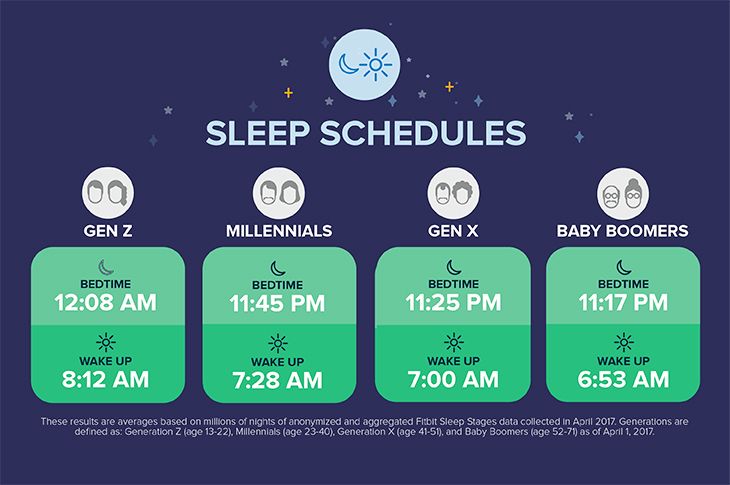 For older children, such a ritual is also necessary. nine0003
For older children, such a ritual is also necessary. nine0003
The awakening ritual has different purposes:
- Marks the end of sleep,
- Teaches a child that everyday sounds are not a reason to wake up,
- Helps prevent baby from crying when waking up.
It will also be useful to have a light alarm. If the baby wakes up early, he will stay in bed until he sees the light on the clock.
When to wake your baby up after a nap
Many babies from 4 to 8 months sleep three times a day. nine0003
In this mode, it is important to wake up the baby after the third nap no later than 17.00. The duration of this segment is about 45 minutes, but not more than an hour. Then you can easily put the baby to bed by 19 o'clock.
Transition to one nap
At the age of 15-18 months there is a transition to one nap. It can be long and take place in different ways.
For example:
In the morning, the baby falls asleep easily and sleeps up to 2 hours. But then it is difficult to put it in lunch. And by the evening without rest at lunchtime, he is already overworked and falls asleep with difficulty. nine0003
But then it is difficult to put it in lunch. And by the evening without rest at lunchtime, he is already overworked and falls asleep with difficulty. nine0003
So if this is your case, you can pick up the baby after 60-75 minutes. At the same time, move the start of the second sleep 15 minutes later. But if the baby sleeps for 1 hour in the morning and then it’s already difficult to fall asleep a second time, start putting him down only at lunchtime.
One nap after 2 years
Between 2.5-5 years, naps may disappear. Here again, the story described above is often repeated. It seems that the child falls asleep perfectly during the day, sleeps for a long time, but in the evening, laying down is delayed until 10-11 pm. The problem is that getting up early in the morning to the garden usually does not allow you to sleep the necessary 10-11 hours per night. And again, you will have to gradually limit the duration of daytime rest. Wake your baby up after 60 minutes first, then skip the daytime so your baby sleeps better at night.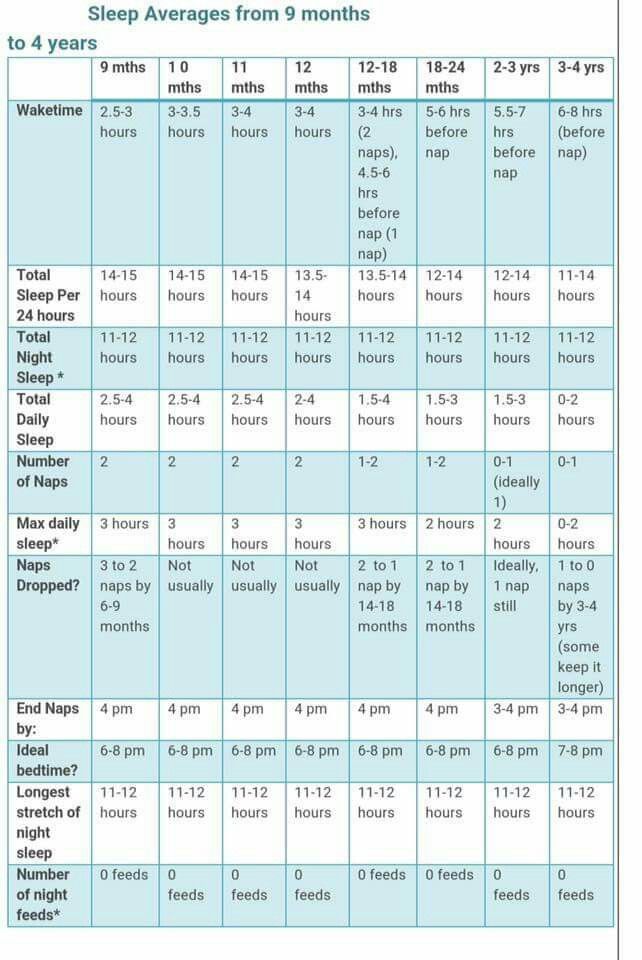 nine0003
nine0003
Keep an eye on your baby while doing this. If he is calm in the evening and falls asleep easily, and wakes up later than 6 o'clock in the morning in a good mood, then you are doing everything correctly.
If you notice excessive moodiness in the late afternoon or regular awakenings too early, then it is worth giving the baby more time to rest at lunchtime.
Like this article? Rate:
Votes: 92
How to wake up a baby for feeding? Recommendations
Babies need to eat regularly to ensure full growth and development. At least once every 2-3 hours. During the day, the child will sleep a lot. The only way to feed him is to wake him up.
We will tell you how to do it carefully. So that the child feels comfortable. And I didn't cry.
How to wake up the baby?
It is necessary to wake the baby when his sleep is not sound
Sleep in babies is practically no different from adults.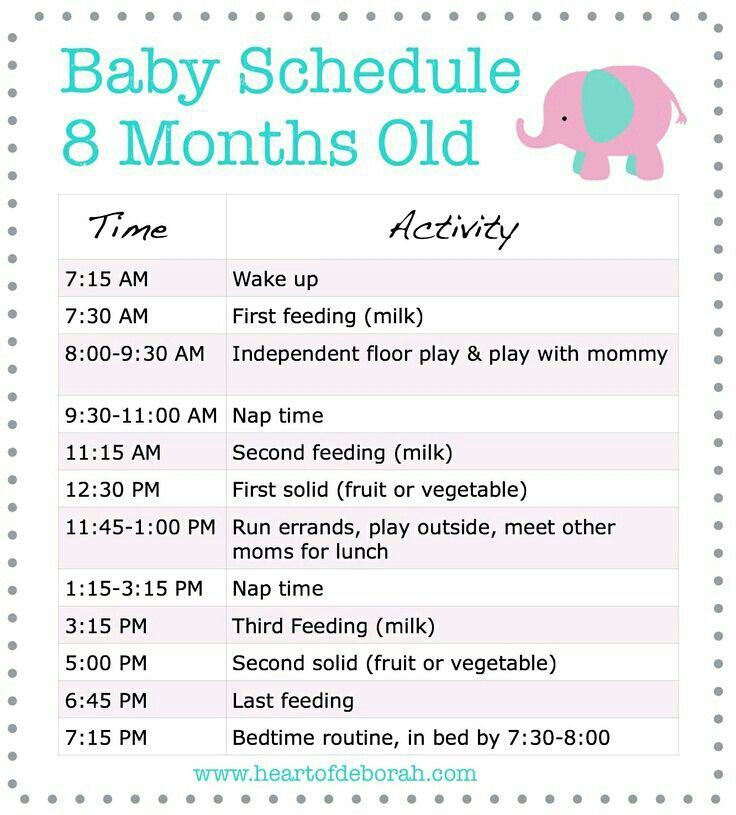 It can be shallow or deep. The phases that a child encounters are similar to those of an adult. We recommend waking your baby when he is in a state of light sleep. In this case, the likelihood that he will wake up easily and without unnecessary problems increases.
It can be shallow or deep. The phases that a child encounters are similar to those of an adult. We recommend waking your baby when he is in a state of light sleep. In this case, the likelihood that he will wake up easily and without unnecessary problems increases.
How can you tell if your baby is in light sleep?
To determine that the baby is in a state of light sleep, you can use the following features:
- The child constantly moves his lips. Makes gestures similar to those when he sucks at the breast.
- The baby moves his limbs involuntarily. Both feet and hands.
- A smile appears on the child's face.
What should I do if my child is in deep sleep?
If your child is in a deep sleep, do not wake him up. Proceed in an alternative way. Sit next to him. And start monitoring his behavior. nine0003
After some time, the sleep phase may change to a shallow one. As a result, the child will show signs of such a dream.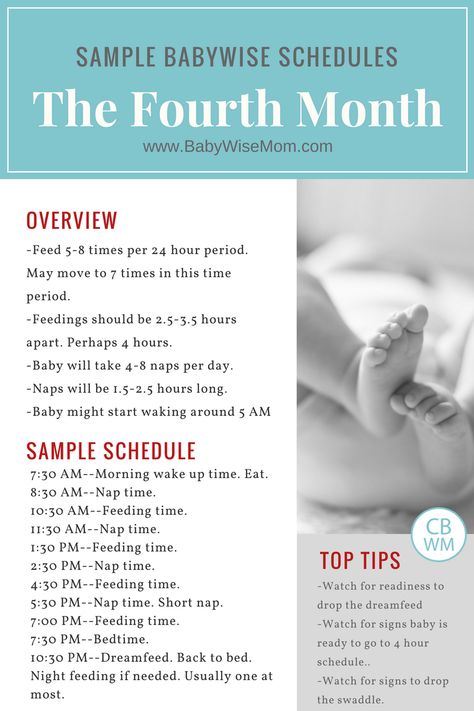 And it will be easier for you to wake him up.
And it will be easier for you to wake him up.
It is recommended to wake your baby with light touches
To wake your baby, you need to touch him regularly. Physical contact wakes children up best. So, for example, you can:
- Try to take the child's clothes off. nine0017 Raise the child's blanket a little.
- Stroke the child's handle.
- Pat your head.
- Stroke the cheeks.
All kinds of physical contact will have a positive effect on the child. Make sure he wakes up. And feel energized.
Removing a blanket or clothes from a child is very effective. Because, thanks to the feeling of cold, the baby will be able to wake up quickly. Touching a child is also very effective. Thanks to your touch, he will feel calmer. And get ready to drink milk. nine0003
You can wake up the baby by taking him out of the crib
Try to go to the baby's crib. And then take it out of there.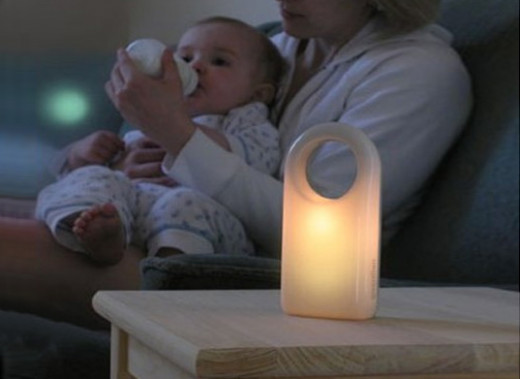 And keep in the appropriate position (head up) for a while. If the child does not wake up immediately, then at least he will quickly move into a phase of shallow sleep. And in some cases, he will even have the opportunity to fully wake up.
And keep in the appropriate position (head up) for a while. If the child does not wake up immediately, then at least he will quickly move into a phase of shallow sleep. And in some cases, he will even have the opportunity to fully wake up.
When you take a child in your arms, do not be silent. Make different sounds. Talk. Sing. Sounds will help wake up the baby. nine0003
If the baby is sleeping in your arms, do the following
Place him in the position in which he always consumes milk. Then bare your chest. And bring it to the child's mouth.
It is necessary to make sure that milk gets on the baby's lips without fail. When the child tastes the liquid, it will cheer him up. He will wake up.
Lightly tickle the baby
Some babies wake up quickly when their parents start tickling them. For arms or legs. However, this must be done with the utmost care. And only slightly. So that the child does not feel discomfort when you tickle him. nine0003
You can also wake up your child in an alternative way. For example, you can just blow on it. Or touch your cheek.
You can wake up the baby with the use of a cold temperature cloth
When the child feels the cold temperature material on himself, he will cheer up at the same moment. And wake up. You need to proceed as follows.
You need to take a cloth. Moisten it with cold water. Then start wrapping your baby. different parts of his body. Both legs and head, handles. nine0003
Turn on the light in the room where the baby is lying
If the baby is placed in a room with no light, then try to change the situation. Let traditional street light into it. To do this, just open the curtains.
This will cause the child to wake up quickly. Feel great. And at the same time it will become vigorous.
Make some noise where the baby is located
Noise will help wake up the baby. However, it should be minimal. You should increase the noise level in the room, but not too much.
For example, you can sing. Talk to your husband. Or do something else. The main thing is that it makes noise.
Why does a child need to eat every few hours?
A child's health depends on how well he or she eats. To stay strong, the child must necessarily consume milk every two to three hours. When feeding, consider the following points:
- Children cope with the digestion of food in a fairly short time. The baby can become hungry within an hour and a half after the previous feeding.
- You should always check whether the child is full. Isn't he hungry? Also, you must remember when he last consumed food. And feed him faster than he asks for it himself.
How do you keep your baby awake when you feed him?
When you feed a sleepy baby, keep an eye on his condition. Do whatever you can to keep him awake. To do this, adhere to the following recommendations.
Hold baby's attention
When you start feeding your baby after waking up, try to grab his attention. And hold until you completely feed the child. To do this, you can:
- Laugh.
- Talk to a child. nine0017 Look at him. Establish eye contact.
- Tickle him lightly.
And so on. As you feed, you will discover ways to keep your baby's attention.
Place the baby in a position that will keep him awake when feeding
Be aware that breastfeeding immediately after waking up can be dangerous. During this, the child will feel your warmth. The way the heart beats. As a result, it will be very easy for him to fall asleep. nine0003
To prevent this from happening, you need to change the child's position. Position him so that he is not entirely comfortable. And, as a result, to make it more difficult for him to fall asleep.
If the baby falls asleep during feeding, move him to the second breast
All babies sometimes fall asleep during feedings.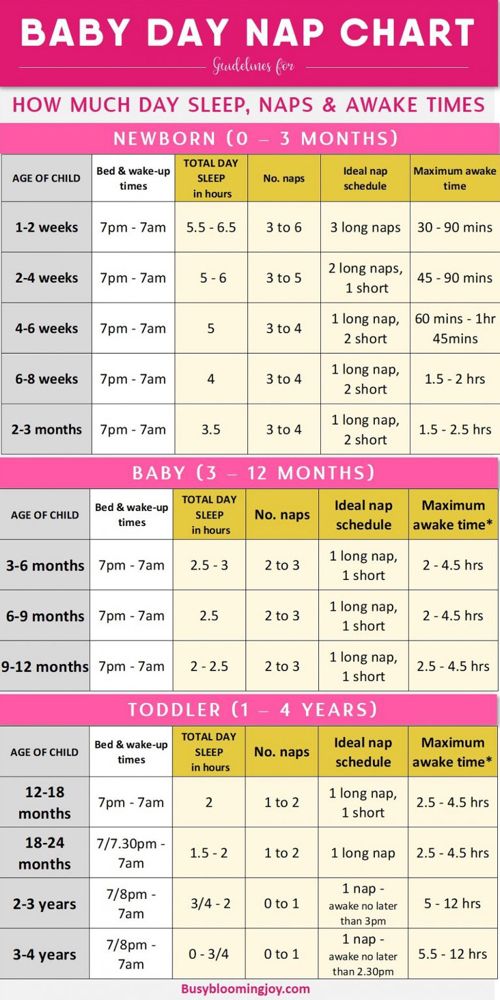 This is fine. If a similar situation happens to you, then simply move the baby to the second breast. Thanks to this movement, you can cheer him up. Make sure he feels great. And no more sleep. nine0003
This is fine. If a similar situation happens to you, then simply move the baby to the second breast. Thanks to this movement, you can cheer him up. Make sure he feels great. And no more sleep. nine0003
There is an alternative. You can take the nipple from the child. Get it out of your mouth. Thanks to this, the child will cheer up at the same moment. And he wants to continue to consume milk.
Also, we recommend using one more option. Just put some milk on your child's mouth. This method is great to cheer up the child.
Let your baby spit up
There is another effective way to get rid of drowsiness in a child. Let him sit in a comfortable position. And burp. nine0003
When he does this, he will cheer up. Will no longer want to sleep. And easily complete the procedure of eating.
Increase the milk pressure
Increasing the milk pressure will have a positive effect on the baby's condition. Make him drink more milk.